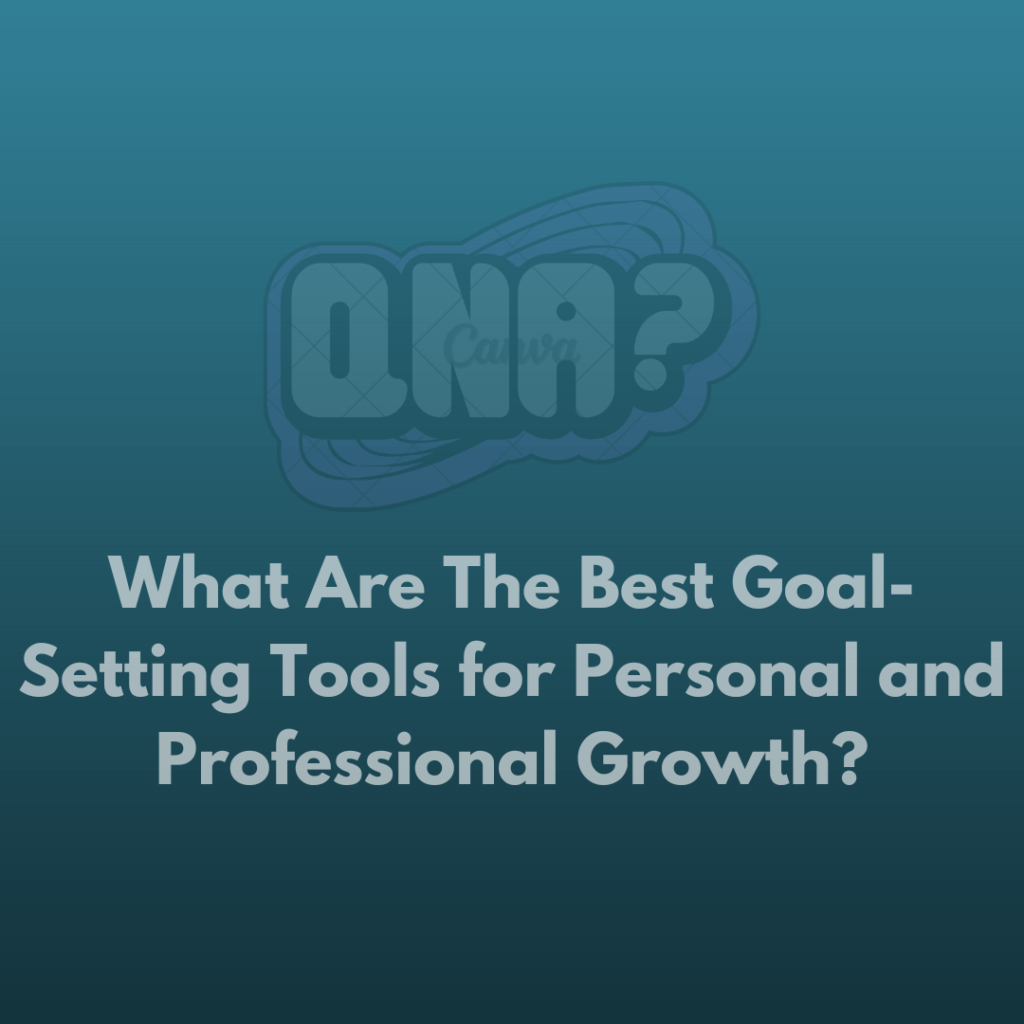Answer | In the rapidly evolving landscape of technology, artificial intelligence (AI) stands at the forefront of innovation, poised to revolutionize industries across the board. As we look towards the next decade, the potential for AI to transform how we work, live, and interact with the world around us is both exciting and profound. This article explores the myriad ways in which AI is set to reshape various sectors, from healthcare to finance, manufacturing to education, and beyond.
The Current State of AI
Before diving into the future, it’s essential to understand where we stand today. Artificial intelligence has already made significant inroads into many industries, but we’re still in the early stages of its potential. Key AI technologies driving change include machine learning, deep learning, natural language processing, computer vision, and robotics. These technologies form the foundation upon which the next decade of AI-driven transformation will be built.
Machine learning, in particular, has seen tremendous advancements in recent years. This subset of AI focuses on creating algorithms that can learn and improve from experience without being explicitly programmed. Deep learning, a more specialized machine learning, uses neural networks with multiple layers to analyze complex patterns in large datasets. These technologies are already being applied in various fields, from image and speech recognition to predictive analytics and autonomous systems.
Video Credets To The Owner: TED Official Channel
Natural language processing (NLP) is another critical area of AI making significant strides. NLP enables machines to understand, interpret, and generate human language. This technology powers virtual assistants, chatbots, and language translation services, making communication between humans and machines more natural and intuitive.
Computer vision, which allows machines to interpret and analyze visual information, is transforming industries like autonomous vehicles, security, and medical imaging. As these technologies continue to evolve and integrate, we can expect to see even more innovative applications across various sectors.
Healthcare: Personalized Medicine and Improved Diagnostics
The healthcare industry stands to benefit enormously from advancements in AI over the next ten years. AI-powered diagnostic tools are becoming increasingly accurate, often surpassing human capabilities in detecting diseases from medical images. In the coming decade, we can expect earlier detection of cancers and other serious illnesses, reduced diagnostic errors, and faster and more efficient screening processes.
Personalized medicine will become a reality through AI’s ability to analyze vast amounts of patient data. This will enable tailored drug recommendations based on individual genetic profiles, predictive models for treatment outcomes, and optimized dosage and timing of medications. The impact on patient care will be profound, potentially leading to better outcomes and reduced healthcare costs.
The pharmaceutical industry will see dramatic changes in how new drugs are discovered and brought to market. AI-driven analysis of molecular structures will identify potential new drugs more quickly and accurately. Clinical trials will become faster and more cost-effective, with improved prediction of drug side effects and interactions. This could lead to a significant acceleration in the development of new treatments for a wide range of diseases.
Moreover, AI will play a crucial role in managing and analyzing the vast amounts of health data generated by wearable devices and electronic health records. This will provide healthcare professionals with unprecedented insights into population health trends and individual patient needs, enabling more proactive and preventive care strategies.
Read Interesting That You Loved Que | What are the career demands for information technology careers In the Coming 2025?
Manufacturing: The Smart Factory Revolution
The manufacturing sector is on the cusp of a new industrial revolution, often referred to as Industry 4.0, with AI at its core. Predictive maintenance will transform how factories maintain their equipment, with real-time monitoring of machinery health and prediction of equipment failures before they occur. This will lead to optimized maintenance schedules, reducing downtime and increasing overall productivity.
Quality control will be revolutionized by advanced computer vision and machine learning algorithms. Automated inspection systems will be capable of detecting minute defects, ensuring higher product quality and consistency. These systems will continuously learn and improve, adapting to new product lines and manufacturing processes with minimal human intervention.
Supply chain optimization will reach new levels of efficiency through AI. Dynamic inventory management based on real-time demand forecasting will reduce waste and improve responsiveness to market changes. AI will optimize logistics and transportation routes, taking into account factors such as weather, traffic, and fuel efficiency. Enhanced supplier selection and relationship management will lead to more resilient and adaptable supply chains.
The concept of digital twins will become more prevalent in manufacturing. These virtual replicas of physical assets, processes, or systems will enable manufacturers to simulate and optimize their operations in a risk-free virtual environment before implementing changes in the real world. This will lead to more innovative product designs, streamlined production processes, and improved overall efficiency.
Finance: Smarter Investments and Enhanced Security
The financial sector is already leveraging AI, but the next decade will see even more transformative applications. AI-powered trading systems will become more sophisticated, with enhanced ability to analyze market trends and make split-second decisions. These systems will integrate alternative data sources, such as satellite imagery and social media sentiment analysis, for more informed trading strategies.
Fraud detection and prevention will be dramatically improved through AI. Real-time analysis of transaction patterns will identify potential fraud with greater accuracy, reducing false positives and negatives. Behavioral biometrics will enhance authentication processes, making it much harder for bad actors to impersonate legitimate users.
Personalized financial services will become the norm, with AI enabling financial institutions to offer highly tailored services. Customized investment advice based on individual risk profiles and goals will be available to a broader range of clients, democratizing access to sophisticated financial planning. AI-powered chatbots and virtual assistants will provide 24/7 customer service, handling routine inquiries and freeing up human advisors to focus on more complex client needs.
The insurance industry will also see significant changes due to AI. Automated underwriting processes will become more accurate and efficient, potentially leading to more personalized and fairly priced policies. AI will also improve claims processing, reducing fraud and speeding up payouts for legitimate claims.
Education: Personalized Learning at Scale
The education sector is ripe for transformation, with AI offering the potential to revolutionize how we learn and teach. Adaptive learning platforms will enable truly personalized learning experiences, dynamically adjusting curriculum based on individual student progress. These systems will identify knowledge gaps and provide tailored remediation, ensuring that each student receives the support they need to succeed.
Intelligent tutoring systems will supplement human teachers, providing 24/7 availability for student questions and support. These AI-powered tutors will use natural language interfaces for intuitive interaction and will be able to explain concepts in multiple ways to suit different learning styles. This will allow for more individualized attention, even in large classroom settings.
AI will also streamline educational administration, automating tasks such as grading and assessment of essays and open-ended questions. Predictive analytics will help identify students at risk of falling behind, allowing for early intervention. Resource allocation and scheduling will be optimized, ensuring that educational institutions can make the most of their limited resources.
Furthermore, AI will play a crucial role in preparing students for the jobs of the future. As the job market evolves rapidly due to technological advancements, AI-powered career guidance systems will help students make informed decisions about their education and career paths. These systems will analyze labor market trends, individual skills and interests, and emerging industries to provide personalized recommendations.
Transportation: The Era of Autonomous Vehicles
The transportation industry is on the brink of a major shift with the advent of autonomous vehicles. AI will be at the heart of this revolution, enabling enhanced safety through advanced perception and decision-making systems. Self-driving cars and trucks will optimize traffic flow, reduce congestion, and increase mobility for elderly and disabled individuals.
Cities will leverage AI to improve traffic management, with real-time adjustment of traffic signals based on current conditions. Predictive models for traffic flow and congestion will allow for proactive management of urban transportation networks. Emergency vehicles will benefit from optimized routing, potentially saving lives by reducing response times.
The logistics and delivery sector will be transformed by AI, with autonomous delivery vehicles and drones becoming commonplace. Dynamic route optimization for delivery fleets will improve efficiency and reduce environmental impact. AI will also play a crucial role in predictive maintenance for transportation infrastructure, helping to prevent accidents and reduce maintenance costs.
Beyond road transportation, AI will have a significant impact on other modes of transport. In aviation, AI-powered systems will optimize flight routes, reduce fuel consumption, and enhance safety. In maritime transport, autonomous ships will become a reality, potentially revolutionizing global trade. Rail networks will benefit from AI-driven scheduling and maintenance systems, improving reliability and efficiency.
Agriculture: Precision Farming and Sustainable Practices
The agricultural sector will see significant advancements through AI adoption. Precision agriculture will enable more efficient and sustainable farming practices. Automated crop monitoring using drones and satellite imagery will provide farmers with real-time data on crop health and soil conditions. This will allow for precision application of water, fertilizers, and pesticides, reducing waste and environmental impact while improving crop yields.
Livestock management will be revolutionized by AI, with automated health monitoring of individual animals. Optimized feeding strategies based on individual needs will improve animal welfare and production efficiency. Predictive models for breeding and genetic improvement will accelerate the development of more resilient and productive livestock breeds.
AI will play a crucial role in helping farmers adapt to changing climate conditions. Accurate long-term weather predictions and crop variety recommendations based on changing climate patterns will help farmers make informed decisions about what to plant and when. Risk assessment and mitigation strategies for extreme weather events will become more sophisticated, helping to protect farmers’ livelihoods.
Moreover, AI will contribute to the development of sustainable farming practices. By analyzing vast amounts of data on soil health, water usage, and crop yields, AI systems will help farmers optimize their use of resources while minimizing environmental impact. This could lead to more sustainable food production systems that can meet the needs of a growing global population while preserving the planet’s ecosystems.
Energy: Smart Grids and Renewable Integration
The energy sector will leverage AI to become more efficient and sustainable. Smart grid management will optimize electricity distribution and consumption, with real-time load balancing and demand prediction. Automated fault detection and self-healing networks will improve grid reliability and reduce outages. The integration of distributed energy resources, such as rooftop solar panels and electric vehicle batteries, will be facilitated by AI-powered management systems.
Renewable energy optimization will be enhanced by AI, with improved forecasting of solar and wind energy production. This will enable better integration of these variable energy sources into the grid, reducing reliance on fossil fuels. AI will also optimize energy storage and distribution, ensuring that clean energy is available when and where it’s needed most.
Energy efficiency efforts will be driven by AI, with smart building management systems optimizing energy use in homes and commercial buildings. Personalized energy-saving recommendations will help consumers reduce their energy consumption and costs. AI will also play a crucial role in the development and operation of next-generation nuclear power plants, improving safety and efficiency.
Furthermore, AI will contribute to the development of new energy technologies. From fusion reactors to advanced solar cells, AI will accelerate the research and development process, potentially leading to breakthroughs that could revolutionize the global energy landscape.
Retail: Hyper-Personalized Shopping Experiences
The retail industry will use AI to create more engaging and efficient shopping experiences. Personalized recommendations will reach new levels of sophistication, with real-time adjustment based on browsing behavior and integration of contextual data such as weather and local events. Virtual and augmented reality technologies, powered by AI, will enable immersive shopping experiences, allowing customers to virtually try on clothes or visualize furniture in their homes before making a purchase.
Inventory management will be revolutionized by AI, with dynamic pricing based on demand, competition, and other factors. Automated reordering and stock level optimization will reduce waste and ensure that popular items are always in stock. Predictive models for seasonal demand and trends will help retailers stay ahead of changing consumer preferences.
The in-store experience will be enhanced by AI, with cashier-less checkout systems becoming more common. Interactive AI-powered shopping assistants will provide personalized recommendations and answer customer queries. Real-time personalization of in-store displays and promotions will create a more engaging shopping environment.
AI will also play a crucial role in bridging the gap between online and offline retail experiences. Omnichannel retail strategies will become more sophisticated, with AI ensuring a seamless customer experience across all touchpoints. This could include features such as AI-powered visual search, allowing customers to find products by simply taking a photo, or smart fitting rooms that can suggest complementary items based on what a customer is trying on.
Challenges and Considerations
While the potential benefits of AI are immense, there are also significant challenges that need to be addressed. Ethical concerns surrounding privacy, data use, and potential bias in AI decision-making systems must be carefully considered and addressed. The potential for job displacement due to AI automation is a serious concern that will require proactive measures, including workforce reskilling and the development of new job roles that complement AI technologies.
Technical challenges, such as ensuring the reliability and safety of AI systems, must be overcome. Interoperability between different AI systems and platforms will be crucial for realizing the full potential of AI across industries. The scalability of AI solutions to enterprise and industry-wide levels presents another significant challenge.
The development of appropriate regulatory frameworks for AI deployment will be essential. Ensuring transparency and accountability in AI systems, particularly in high-stakes applications like healthcare and finance, will be crucial. Addressing liability issues in AI-driven decision-making will require careful consideration and potentially new legal frameworks.
The Future of Work
As AI transforms industries, it will also significantly impact the nature of work itself. Many routine and repetitive tasks currently performed by humans will be automated, leading to the emergence of new roles focused on AI management and creative problem-solving. The demand for skills will shift, with increased emphasis on data analysis, AI operation, and soft skills like creativity and emotional intelligence.
Work environments are likely to become more flexible, with remote work enabled by AI and supporting technologies becoming more common. Productivity is expected to see significant gains through human-AI collaboration, with AI augmenting human capabilities rather than simply replacing human workers.
Decision-making processes will become increasingly data-driven, augmented by AI insights. This will lead to more informed and objective decision-making across all levels of organizations, from strategic planning to day-to-day operations.
Conclusion
The next decade promises to be a transformative period across all industries as artificial intelligence continues to evolve and mature. From healthcare to agriculture, finance to education, AI will drive innovation, increase efficiency, and create new possibilities we have yet to imagine.
As we embrace these changes, it’s crucial to approach AI development and deployment thoughtfully, addressing ethical concerns and ensuring that the benefits of this technology are widely distributed. By doing so, we can harness the full potential of AI to create a more productive, sustainable, and equitable future for all.
The journey of AI transformation is just beginning, and the next ten years will likely bring advancements that we can scarcely predict today. As industries adapt and evolve, those that embrace AI thoughtfully and strategically will be best positioned to thrive in this new era of intelligent automation and augmented human capability.
The potential of AI to solve some of humanity’s most pressing challenges, from climate change to disease, is enormous. However, realizing this potential will require collaboration across industries, governments, and academic institutions. It will also necessitate ongoing dialogue about the societal implications of AI and how we can shape its development to align with human values and needs.
As we stand on the brink of this AI-driven transformation, one thing is clear: the next decade will be a period of unprecedented change and opportunity. Those who are prepared to adapt, learn, and innovate will be best positioned to thrive in this new AI-augmented world.


